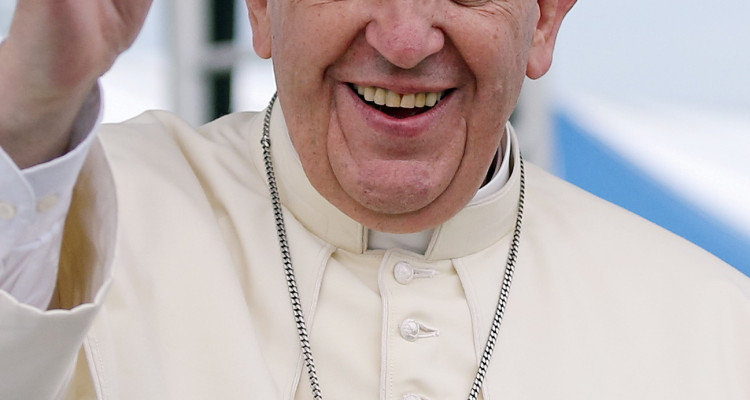Since his election as both Bishop of Rome and the absolute sovereign of the Vatican City State nearly a year ago, Western media has frequently focused on Pope Francis’ leadership role in the Roman Catholic Church. Francis, despite maintaining many of the traditional values held by the Roman Catholic Church, is criticized for his liberal views on matters such as divorce and homosexuality. Although I, among many, find his views on these topics to be a breath of fresh air, given the highly conservative nature of the clergy, many are fearful and hesitant of the direction he is leading the Roman Catholic Church.
Most recently, the cause of discussion regarding Francis has been fueled by his decision to demote Cardinal Raymond Burke from his position as the leader of the Vatican’s highest court. Burke, who is one of Francis’ many skeptics, is both conservative and outspoken in his distaste for Francis’ leadership.
Therefore, I find Francis’ decision to demote the conservative bishop to be wholly justified. His removal of Burke from the court to a significantly less important role was necessary given Burke’s insubordination aimed at the pontiff since the beginning of the latter’s papacy. Although the Burke’s disrespect of Francis’ leadership appalls me, he is not alone in his beliefs. Many other members of the clergy share Burke’s concern regarding the church’s current direction under Francis’ administration.
I am unsurprised by the negative response that Francis has gotten from some members of the clergy during his reign thus far as bishop of Rome. In a traditionally conservative setting, he has presented ideas that, for those raised with a conservative mindset, may be perceived as heretical and going against the fundamental principles maintained for almost 2,000 years by the Roman Catholic Church.
Francis’ key priority is promoting the necessity of a greater acceptance of all people. In an interview with the New York Times, Bishop Blase J. Cupich discussed Francis’ main priority, explaining, “He’s [Francis] not saying, this is the law and you follow it and you get to heaven. He’s saying we have to do something about our world today that’s suffering; people are being excluded, neglected. We have a responsibility, and he’s calling people to task.”
As a practicing Roman Catholic, Francis’ belief that the Church and those of the Catholic faith ought to be more inclusive is a belief that I fully support. Although many members of the church have criticized the pontiff’s desire to have open discussions regarding topics such as communion for the divorced and remarried and same-sex relationships, I maintain my position that these discussions will not radically alter the Roman Catholic Church’s fundamental values.
However, I am aware that many people do not share my lack of concern about the position of the church, and that some may view the perceived acceptance of the LGBT community and those who are divorced and remarried as a complete departure from the values that the church holds closest to its heart. I urge concerned, conservative Catholics to look at the bigger picture: Although Francis is promoting the idea that the church should refrain from turning away people based on their lifestyle choices, he is by no means advocating or approving same-sex marriage or divorce. He is simply saying that the marginalization of faithful Catholics ought to be considered before they are cast out and ostracized. Therefore, conservatives who are fearful that the pope will order such a profound change to the church’s fundamental structure should not be alarmed.
It seems clear that the intention of Francis is to continue to become pastorally close to all of the faithful, recognizing the need to acknowledge the changing tides, while holding onto the fundamental core values of Catholicism.


Leave a Reply